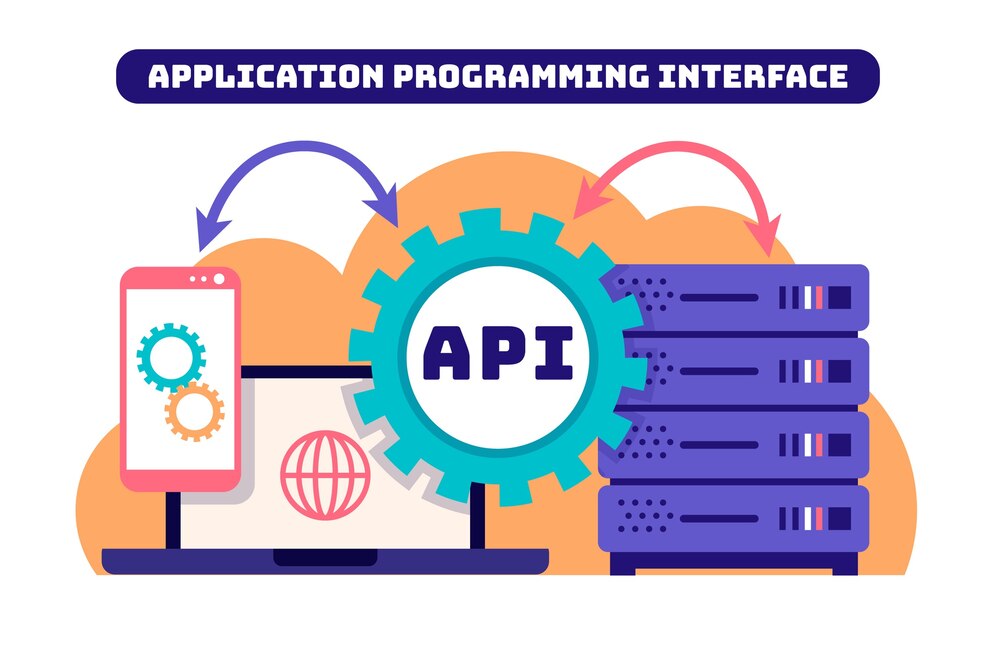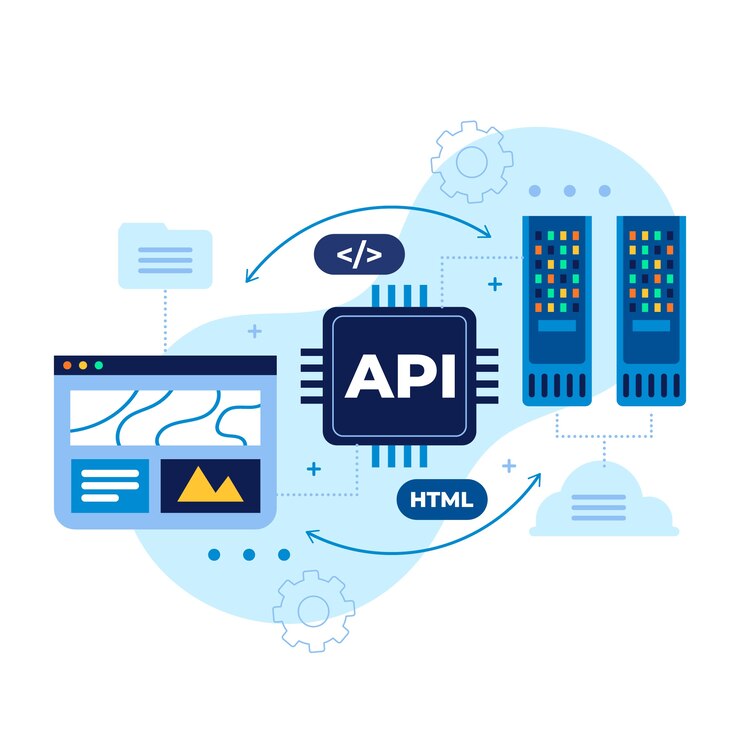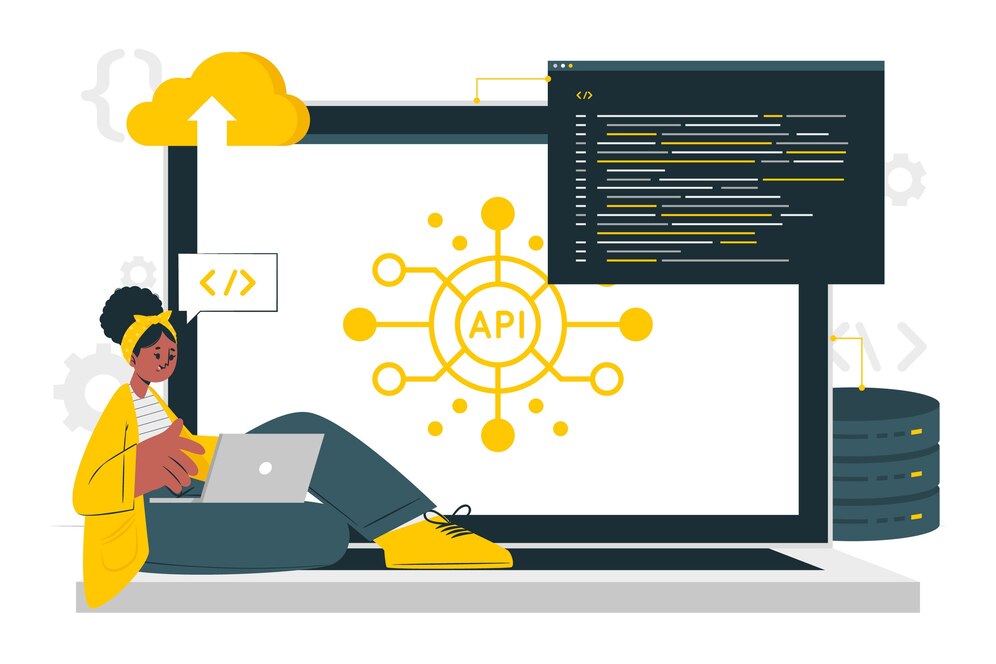REST API Testing – It is part of the software development lifecycle. It ensures that the APIs are performing and giving strong robust performance. A seasoned tester or a newcomer in API testing, knowledge of best practices will be really beneficial in improving the outcome of your testing.
In this guide, we’ll dive into the top best practices for REST API testing and how they can streamline your workflow.

Before getting into best practices, let’s understand what testing of REST API involves.
This mainly verifies the functionality, reliability, performance, and security of the APIs. Here, APIs can be tested through HTTP requests, such as GET, POST, PUT, and DELETE.
Ensures smooth communication between different software components.
1. Clearly define objectives
Define clearly the testing goals so that nothing gets missed for those functionalities, performance, or security areas.
2. Use Reliable Tools for API Testing
3. Validate Responses In-depth
4. Automate your tests
5. Negative Scenarios Testing
6. Secure the API
7. Monitor Performance Metrics
8. API Version Control
9. Fake API Responses
10. Record your tests

The APIs usually return dynamic data, so the response is not easily validated. Assertions and patterns should be used to handle this variability.
Testing complex APIs with multiple endpoints requires quite robust planning and execution. Tools like Swagger can make that easier.

It ensures that the APIs meet functionality and performance benchmarks. Faster Development: Early bug detection accelerates the development process. Better user experience. Powerful APIs provide better experience to the users.
By applying these best practices for REST API Testing, you’ll make your applications more reliable and efficient. Apply them today and ensure that the APIs will deliver the right performance and security.
One Team Solutions is one of the Best Software Training Institutes in Kochi, Kerala. One Team Offers Python Course in Trivandrum, PHP Training, Dot Net Training, Node Training, React Training, IOS/Android Training & Digital Marketing Course in Trivandrum & Angularjs course in Kochi for Freshers and Experienced Professionals.
The Training Team of One Team is well experienced and the best in the Industry. And we often conduct activities to prepare for GD (Group Discussion) and JAM (Just a Minute).
We conduct mock interviews and will discuss the positives and negatives with students. Our daily aptitude tests will improve the student’s ability to attend those tests in interviews.
Stepping stones to a successful career can be the some certifications for Python programming, Cloud Computing, and AI. Take the first step today to secure your future in the dynamic IT market of Kerala.